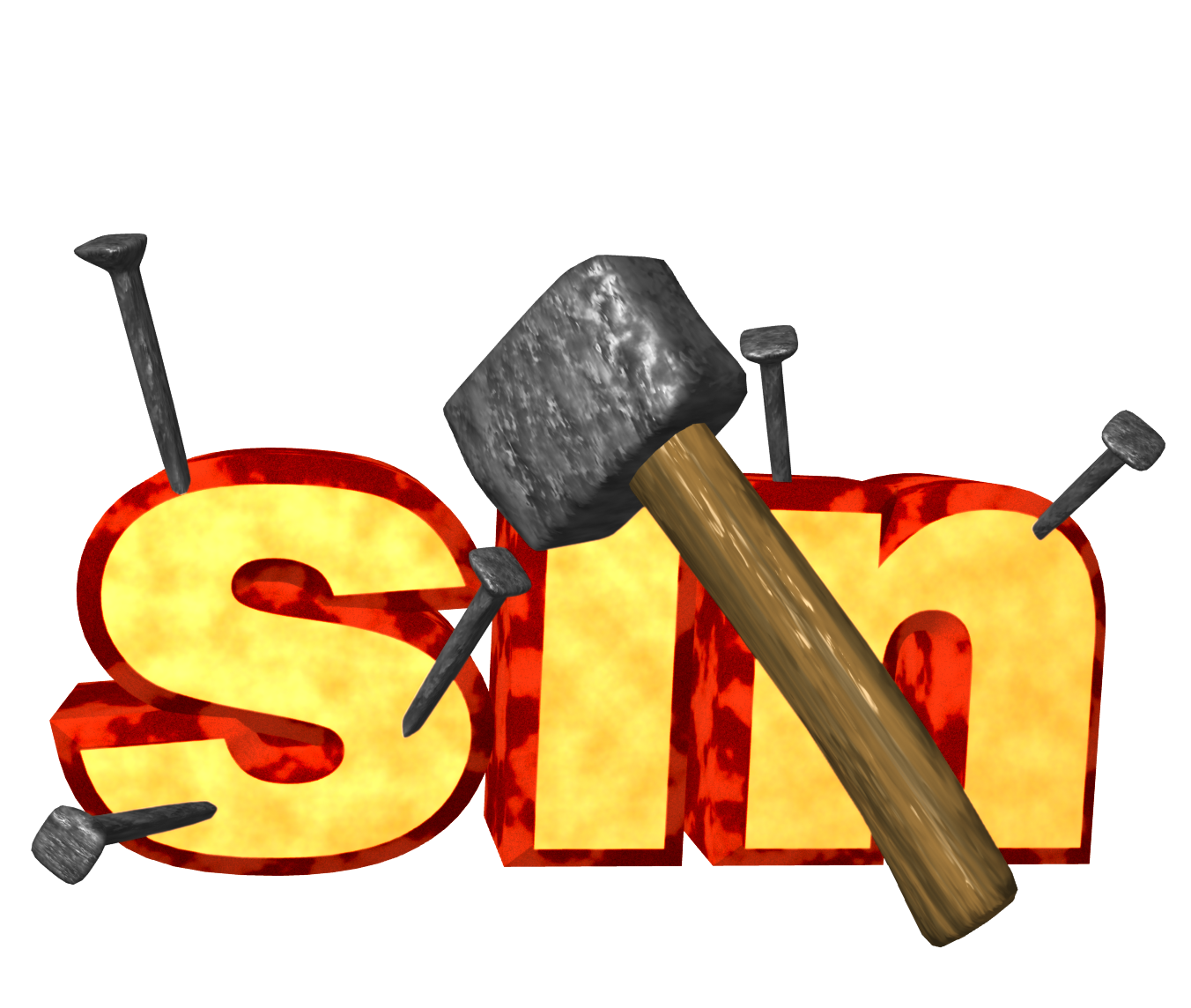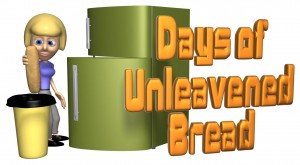Deuteronomy 25:19, Blot out Amalek. The Hebrew name Amalek literally means “I am king.” Remember how the people of Amalek attacked the children of Israel as they were coming out of Egypt (Exod 17:8)? These heathens attacked the weary, stragglers and weak Israelites who were falling behind in the rear ranks (Deut 25:18).
The Israelites defeated Amalek militarily under the leadership of Moses and Joshua when Moses stood on a hill with his arms outstretched in the form of a cross (Exod 17:10–13). It was at this spot that Israel learned that YHVH Elohim was their spiritual banner (Heb. Yehovah Nissi; Exod 17:15).
There is a spiritual lesson in this story for us today. Amalek is a spiritual picture of the world, the flesh and devil that will attack and try to destroy us spiritually as we’re coming out of our own spiritual Egypt and beginning our trek through the wilderness of life en route to Promised Land of our spiritual inheritance, which is the kingdom of Elohim from heaven.
This reminds us of Yeshua’s Parable of the Sower (Matt 13:3–9) where the good seed of the Word of Elohim was sown on four types of soil. The seed failed to grow in the three types of soil representing the world, the flesh and the devil (Matt 13:18–23). This is another picture of Amalek.
What defeated Amalek? Joshua the valiant warrior defeated the Amalekites militarily, while at the same time Moses was perched on a hill over the battlefield with his arms raised to heaven. Both Joshua and Moses are a prophetic picture of Yeshua. Joshua’s Hebrew name is Yehoshua, which is the long version of the name Yeshua. At the same time, on the mountain Moses’ arms grew tired and had to be supported and in so doing took the form a cross. What are these things a spiritual picture of? Moses and Joshua combined form a prophetic picture of Yeshua defeating the world, the flesh and the devil at the cross on Golgatha’s hill. Only when Moses’ arms were raised up to heaven in surrender and supplication to the Almighty did Joshua experience victory over the Amalekites. Similarly, only through prayer and the intercession on our part and through the resurrected Yeshua the Messiah in heaven acting as our Great High Priest before Elohim’s throne will we be able to defeat the spiritual enemies that are attempting to prevent us from entering the Promised Land of our spiritual inheritance.
The enemies of our salvation will attempt to destroy us when were weak, tired and falling behind in our spiritual walk. However, when we determine to fight, we have Yeshua’s victorious death on the cross as well as his help in heaven to overcome our enemies.
One of YHVH’s covenant names is Yehovah Nissi or YHVH Is My Banner. A military banner is something used to help build the morale of troops during the battle. YHVH is our strength and morale booster in the time of battle, and through or faith in YHVH-Yeshua, we already have the victory over the world, the flesh and the devil!
This lesson illustrates the fact that the Scriptures contain many deep spiritual mysteries and truths that if it weren’t for the physical examples or prophetic shadow-types contained therein they might otherwise be obscured to us and too difficult to comprehend.




